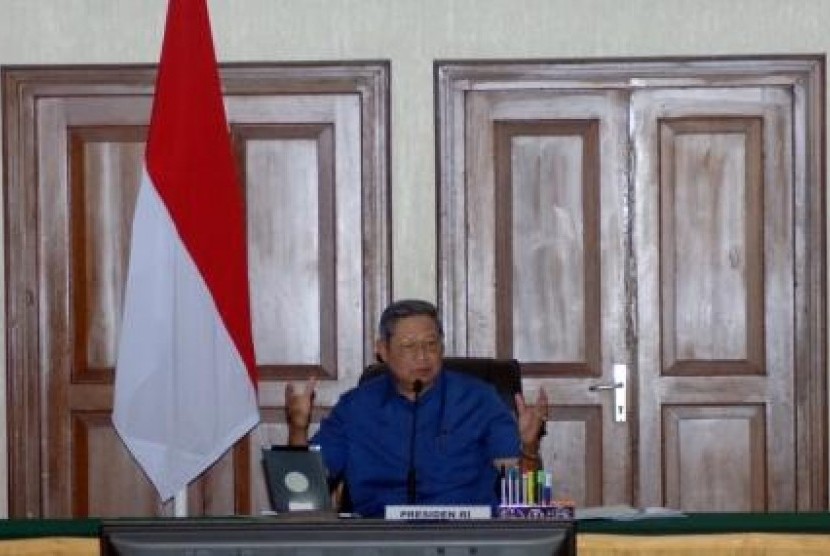REPUBLIKA.CO.ID, JAKARTA -President Susilo Bambang Yudhoyono explained some critical points of corruption in Indonesia. He asked the law enforcement closely to watch potential corruption in tax sector.
"It is all about illegal revenue of tax payers, also tax employees. It brings loss to our country," Yudhoyono said recently.
It's considered that corruptions in tax sector have deep impacts on Indonesian citizen's psychology. Mode of corruption in private sector usually bribed tax officials to avoid corporate tax. Revenue of tax payment has significant contribution to state revenue and development expenditure.
During 2007 to 2013, Financial Transaction Reports and Analysis Centre (PPATK) reported 95 suspicious transaction involving 112 tax officials. About 66 reports involved 83 employees and have been recommended for legal process. About 150 suspicious 'fat'-bank accounts are owned by tax officials. Ministry of Finance also received 912 complaints related to violations of tax officials.
President added that there were four things that he really entrusted to Corruption Eradication Commission (KPK), Police and Attorney General. One is the possibility of deviation of corruption on procurement of goods and services. There is often a mark up to fictitious expense. The figure is fairly high and spread to executive, legislative and judicial institutions.
Next, President also highlighted deviation in permit issuance, both in central and local levels. This is a consequence of regional autonomy, bribery, conflict of interest, which is often occured before election.
Chairman of KPK, Abraham Samad said that combating corruption was still a long job. KPK has so far received more than 70 thousand reports and complaints. Fighting corruption cannot be solved by KPK alone. It needs a synergy with other law enforcement and public awareness regarding the dangers encouraged corruption.
"We want to make sure that people are not permissive, not skeptical and not apathetic to fight corruption," Samad said.


